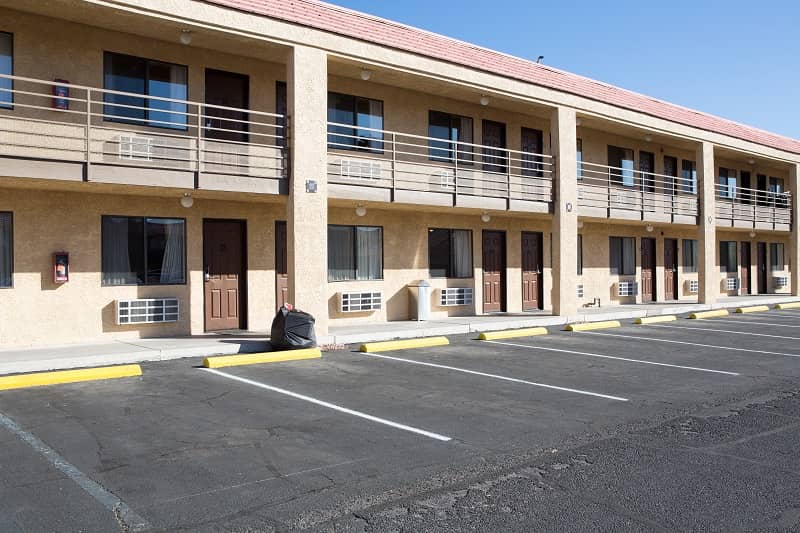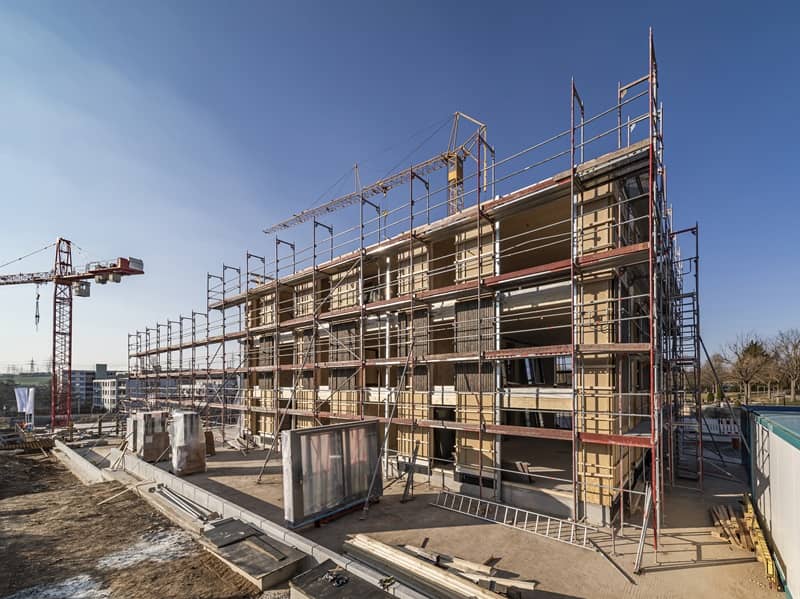By Rachel Dawson
The Metro Council voted June 7 to place a housing bond measure of $652.8 million for only 3,900 units on the ballot this fall. The regional government estimates the cost of new projects will be around $253,000 per home. But as there is no cap on cost per dwelling, project costs could be much greater. This bond will spend too much money on too few homes. However, private developers in the Portland region have shown it’s possible to build more residences at a lower cost compared with Metro’s proposal.
There is no better example of this than local private developer Rob Justus. With Home First Development, Justus has helped build a total of 431 public units for an average cost of $90,230 since 2011. Home First likes to call this “affordable-affordable” housing. Before a project begins, the company keeps itself accountable by working backwards: They contain the costs of the project so apartments can be rented to tenants at a price that works for them. This philosophy has allowed Home First to increase the number of homes they are able to build.
In concert with the Portland Habilitation Center, Justus built 78 affordable residences in 2015 in Portland at $65,000 per unit. In 2017 he offered to build 1,000 homes in Portland at $85,000 per unit if the city could gather $20 million, but Portland officials rejected this proposal. These homes would have cost 66% less than Metro’s housing bond estimates.
Justus has made low costs possible by building in less expensive neighborhoods and using non-union labor. These homes may not be the largest dwellings in the best part of town, but they are affordable to those in the lower 30% of area median income who are in need of a home.
Along with wages and location, the materials used can greatly affect the price of a project. A Catholic charity attempted to build the complex known as St. Francis Park in 2015 using an inexpensive siding called HardiPlank. When the project went through Portland’s required design review, city regulators decided to choose a more expensive siding, which drastically increased the cost of the project. This additional cost caused the city to increase taxpayer subsidy to the building. Ironically, in 2006 a housing complex in Vancouver using the same inexpensive siding that was rejected by the city of Portland received a national development award.
The fatal flaw in this bond measure is that there is no cap on cost per home, which the city of Vancouver has demonstrated is possible to have. Vancouver passed their own Affordable Housing Fund in 2016 which caps the amount spent per housing unit at $50,000. Money from the fund would add to a project’s “capital stack,” rather than fully funding the complex. This forces project applicants (one of whom was Home First Development) to search for multiple sources of funding instead of relying on the Vancouver City Council to foot the bill.
The Metro Council could build cheaper apartments by using less expensive materials and contracting with private developers to decrease labor costs. Without a cap on cost per unit to keep themselves accountable, Metro is able to write a blank check with taxpayer dollars for every project.
Housing can be made affordable to both taxpayers and renters. Metro can do this by withdrawing the bond measure and redrafting it to include a cap on costs. Doing so would allow them to follow the lead of private developers like Rob Justus to make “affordable-affordable” housing a reality.
Rachel Dawson is a Research Associate at Cascade Policy Institute, Oregon’s free market public policy research organization. A version of this article appeared in The Portland Tribune on July 26, 2018.
Click here for the PDF version:
18-14-Private_Developers_Leading_the_Way_for_Affordable_HousingPDF












